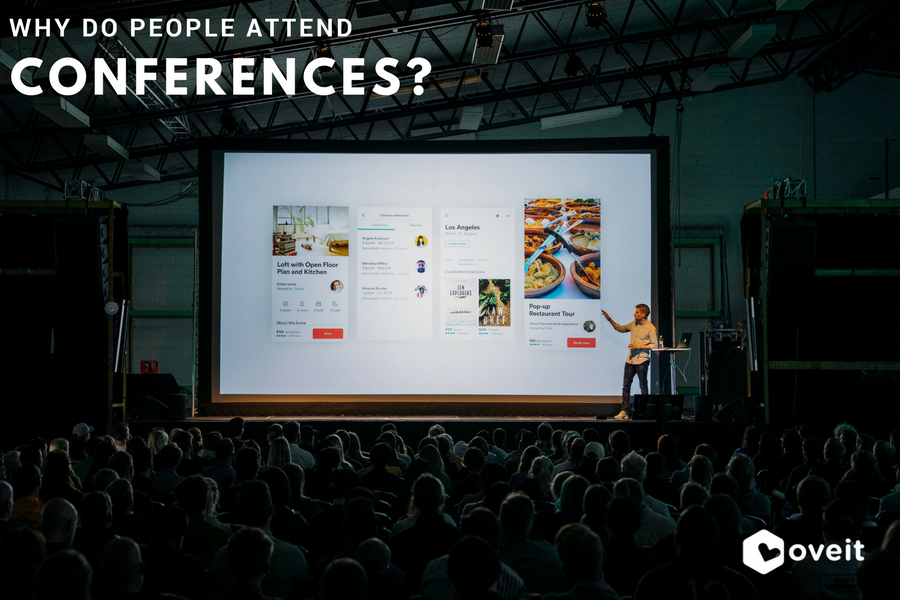With the global outbreak of the Novel Coronavirus, the events industry passes through challenging times. As health institutions deal with the outbreak, exhibitions and events are postponed or cancelled. This unprecedented situation forces many businesses to adapt accordingly and make temporary decisions to keep operating.
There is no doubt that face-to-face interactions will never go away, but there are times when going virtual appears to be a better alternative. In this article, we will go over different ways that can make your virtual event truly Stand Out!
Meaningful Social Interactions
It seems like one of the main criticisms of online events is that participants don’t have the same opportunities when it comes to networking and interaction, compared to face-to-face events. While this is partly true, the available technologies in today’s world are doing a great job to tackle this inconvenience.
As a result, organizers that decide to go the ‘virtual way’ can opt for easy to implement solutions to keep their audience engaged. Innovative apps enable attendees to stay engaged right from their smartphones. Interactive content, such as live polls, reactions, chat rooms and quizzes are efficient ways to keep them entertained during and after an online event.
However, if you decide to provide your audience with virtual networking tools, keep in mind that social doesn’t just happen, or at least not initially. It is the organizers job to remind audiences that great interaction features are available. Therefore, try to send out newsletters at least a week in advance and include step by step instructions to avoid any concerns.
Streaming Solution and Gear
First, determine if your virtual event will take place in a physical place, or if it will be fully virtual. If you decide to stream it from a physical location, find a solution that integrates with quality stream providers. Usually, online events are streamed in three different ways: 1. Real-time stream 2. Stream with a short delay 3. Record and upload the stream at a later time. The first one seems to be the most popular, because people can interact and attend Q&A sessions.
Live streams can be quite simple if you prepare beforehand. With no room for mistake, using proper software and hardware is very important. Therefore, choose a streaming solution that is configured to withstand the volume of viewers you expect and that is somewhat popular on the market. Keeping aside the streaming aspect, the quality of your equipment can make a huge difference. If you plan to host multiple online events, investing in top-of-the-line gear is a must.
Choose the right Time and Date
Since your event will take place online, location and accessibility are not to be worried about anymore. However, the time and date are just as relevant as ever. Even if we all know that weekends are for events, there are still other things to consider. Is there another important event that might distract your audience? Does the event time coincide with a major sporting event?
Do your research before setting up a time and date for a virtual event. You can even create a short survey and share it with your prospective audience. This way, you can assure that most of them won’t complain about this matter. Besides that, you should establish if your target audience is overseas or if it’s part of the same time zone, especially if you opt to host a live stream. Anyway, you can always upload the video after the show if time difference is a real concern, but keep in mind that live streams can keep audiences more engaged.
Find a Venue when it’s Safe
Just because you host a virtual event, it doesn’t mean that you can simply run it from your office. Obviously, you can do that and it will save you a lot of money, but it’s not going to be as effective as if you were to host it in a real venue. However, during this time of uncertainty, your audience should understand that it’s safer to host events from home rather than hustling around to search for venues. Anyway, once the pandemic has passed, you should find a venue for your virtual events. No need for a spacious venue, just find one with the basics (a podium and audio/visual equipment).

Hopefully, we convinced you that hosting a virtual event is no rocket science and it can actually prove to be efficient. At Oveit, we are currently working on setting up a dedicated platform for virtual events. If you have time, try to complete this short questionnaire. It won’t take more than a few minutes and it will help us develop a solution based on your preferences. Stay tuned for more information and feel free to drop us a line!


